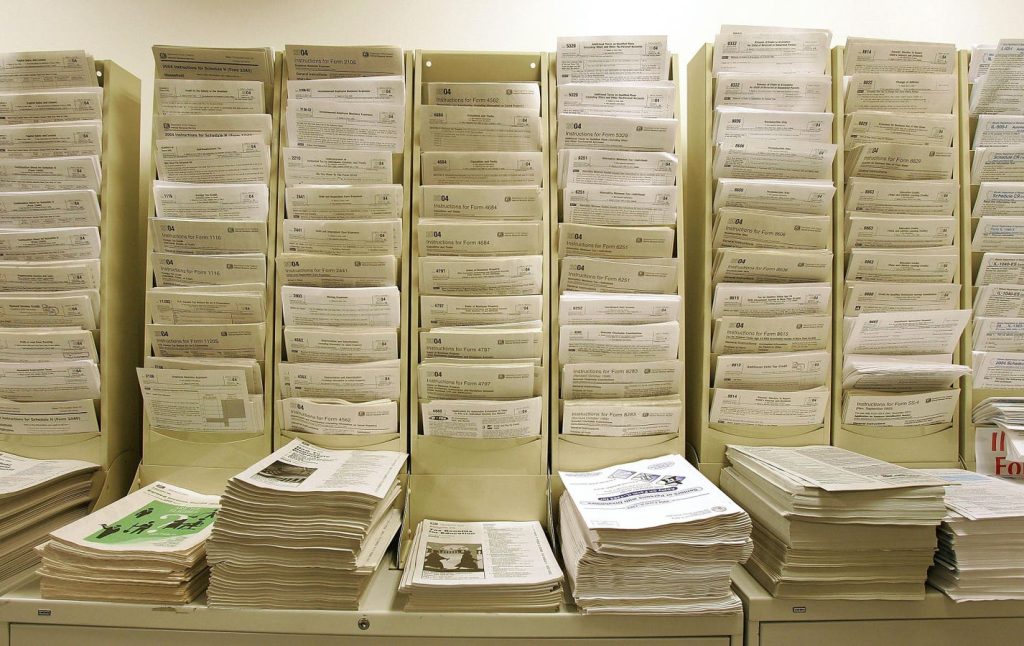As you wrap up your 2023 taxes, you may be wondering how long you need to keep old tax returns and associated paperwork. Some may also be looking into whether they can scan their old tax documents. The IRS recommends holding onto tax records to support your income, deductions, credits, and exemptions until the period of limitations for each return ends. This can vary based on the type of tax transactions involved.
The period of limitations is the time during which you can still amend your tax returns to claim a credit or refund, as well as receive additional assessments from the IRS. Different scenarios have different timelines, ranging from three to seven years, depending on the complexity of your tax situation. Generally, it’s advisable to keep tax records for at least seven years to be on the safe side. However, individuals who file fraudulent returns or fail to file altogether should keep their records indefinitely.
In addition to federal taxes, state tax documents should also be retained for the same amount of time as federal documents in most cases. State tax agencies may have longer audit timelines than the IRS, so it’s important to be aware of your state’s requirements. Proper disposal of old tax documents is crucial to protect your personal information. It is recommended to securely shred all paperwork containing sensitive data before discarding.
For individuals with real property or who conduct 1031 exchanges on rental properties, tax record retention periods can be longer, sometimes indefinitely. Capital gains and losses from property sales, as well as data related to 1031 exchanges, should be kept for at least three years after a property is sold or exchanged. This includes documentation for depreciation, amortization, and depletion deduction records, among others.
Overall, the best practice is to keep all tax records for seven years, with some exceptions for more complex tax situations or specific circumstances like owning real property or conducting nontaxable 1031 exchanges. Digital storage has made it easier than ever to retain old tax documents for future reference. By following these guidelines for record retention and disposal, taxpayers can maintain compliance and safeguard their personal information.














